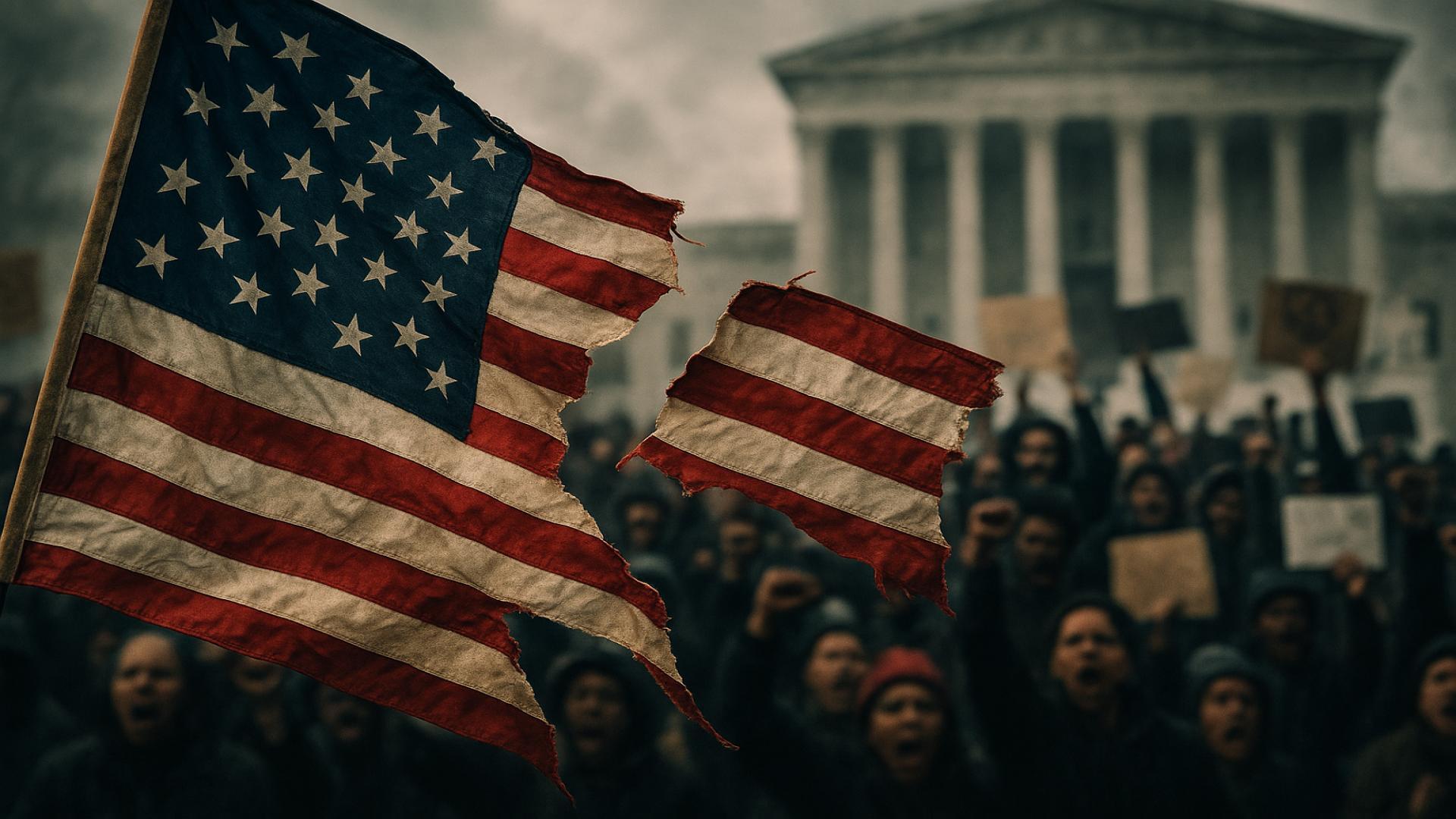The September 11, 2001, terrorist attacks profoundly impacted the United States, leading to significant shifts in national security policies and civil liberties. In response, the U.S. government enacted the USA PATRIOT Act, which expanded surveillance capabilities and intelligence-sharing among agencies. While intended to enhance security, the act raised concerns about potential infringements on individual freedoms and privacy rights (ala.org). In the immediate aftermath, the nation experienced a surge in unity and patriotism, with citizens coming together to support one another and honor the victims. This collective spirit was evident in the establishment of the September 11 National Day of Service and Remembrance, encouraging acts of kindness and community service.
However, the period also saw increased surveillance and scrutiny of Muslim American communities, leading to legal challenges and debates over the balance between security and civil liberties (time.com). The legacy of 9/11 continues to influence U.S. policies and national memory, with ongoing discussions about its impact on freedom and security.













